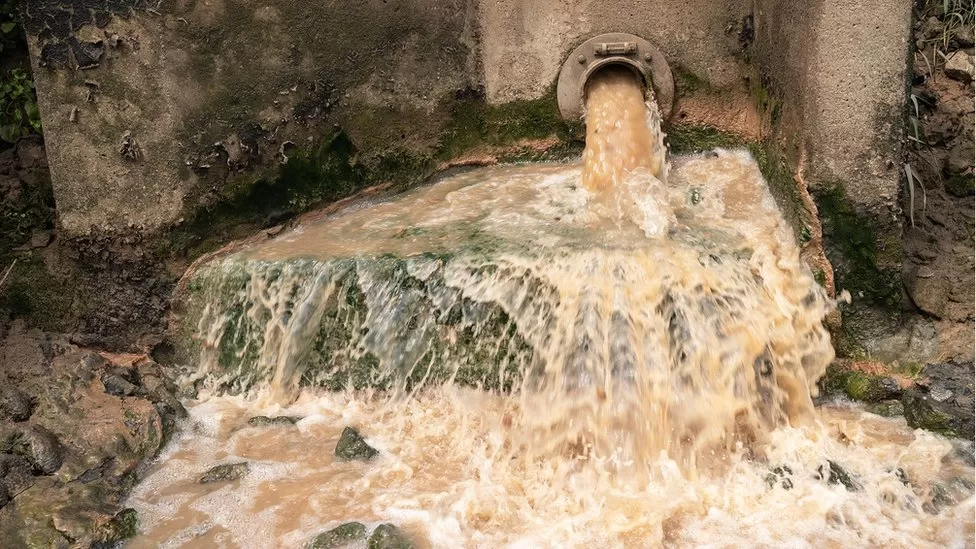Pollution Threatens the River
Campaigners demand action as the Western Cleddau River in Pembrokeshire, UK, faces an impending “ecological disaster” because of pollution.
Concerns have been raised over discolored liquid and a thick residue observed in the river, allegedly originating from discharge pipes, including one associated with First Milk, a cheese creamery in Haverfordwest.
Natural Resources Wales (NRW) is currently investigating the matter. However, First Milk claims that the discharges were within the regulatory limits set by NRW, suggesting the incident was isolated.
Mounting Evidence of Long-standing Concerns
Resident Simon Walters, who has been documenting the discharges, voices his concerns about the deteriorating state of Western Cleddau. Walters claims that the river’s ecosystem has been declining, with a drastic decrease in fish numbers and the disappearance of bird life.
The discharges from the First Milk pipe allegedly coat the riverbanks with a red and orangey mousse, which turns black as it dries.
Campaigners, including Gail Davies-Walsh from Afonydd Cymru, call on NRW to review discharge consents and enforce stricter regulations.
The Impact on Marine Life
The pollution in the Western Cleddau is adversely affecting marine life, particularly sea trout, and bass.
Stephen Esmond from the Pembrokeshire Anglers Association notes a significant decline in sea trout numbers, while the absence of bass and the prevalence of mullet indicate a disturbance in the ecosystem.
Ric Cooper, a scientist, and frequent river visitor, reveals high levels of nitrogen and phosphorus, resulting in overgrowth of algae, decreased oxygen levels, and subsequent damage to fish and invertebrates.
Historical Neglect and Insufficient Monitoring
A decade ago, the Western Cleddau thrived with abundant wildlife. However, neglect and insufficient monitoring have led to its current state.
Simon Walters claims that authorities have failed to address the issue adequately, with poor monitoring procedures and limited resources.
Despite investments made in a new effluent treatment plant by First Milk in 2014, the situation has not improved.
The lack of response from Welsh Water and NRW, as well as their inadequate staffing, further exacerbates the problem.
Urgent Call for Action
The dire condition of the Western Cleddau demands immediate action.
Simon Walters warns that unless urgent measures are taken, the river is at risk of ecological extinction.
Campaigners and residents urge Welsh Water, NRW, and the Welsh government to address the pollution issues, increase monitoring, and enforce stricter regulations.
The Cleddau’s significance as a prominent river flowing through the heart of Pembrokeshire calls for urgent attention to restore its ecosystem and protect its natural resources.










